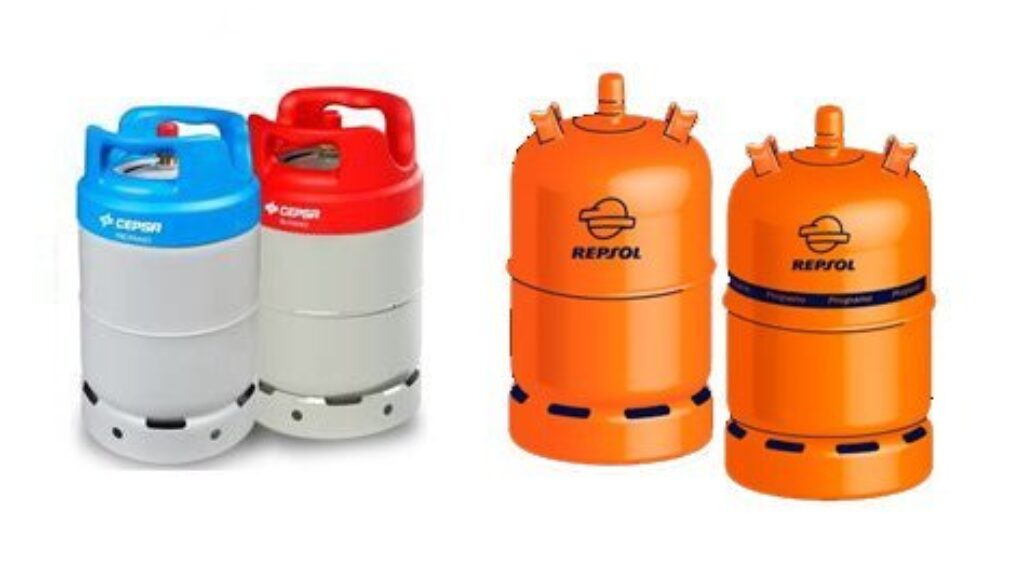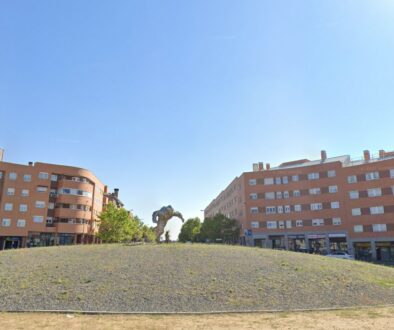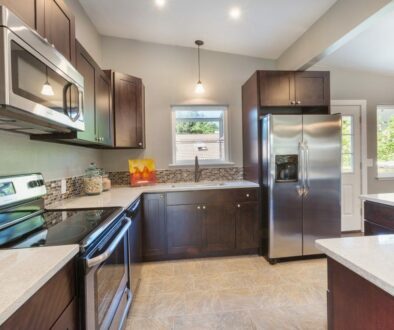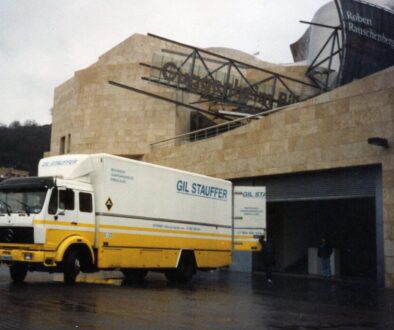Before you move, find out what fuel your future home will run on.
Differences between propane and butane: Which is better to use at home? We tell you
If you are moving house, don't forget to find out in advance which fuel you will be using in your new home. Here are some of them tips you will be interested in:
Although sometimes used for the same purpose, butane and propane are not the same product. Both are liquefied petroleum gas (LPG)but they have different properties. While it is true that the advantages of LPG allow its use in households and vehicles, it is important to differentiate between propane and butane.
What is the difference between propane and butane? Questions and doubts can be diverse. That is why, in Gil Stauffer we review some concepts to try to clarify the differences between the two products.
What are propane and butane?
Both products are liquefied petroleum gases and are extracted by the same process. Both propane and butane can be converted into liquids and have a high energy capacity that can be used to generate electricity. transforms them into fuels for various types of domestic heatingas fuels or for other household uses.
Butane and propane are sold as a mixture and not as pure gas. Thus, butane cylinders do not consist of 100% butane, but contain a percentage of propane and vice versa.
Differences between butane and propane
There are differences between the two liquefied gases, which choose between one or the other according to the different situations.
-
Chemical composition
The first difference between butane and propane lies in the chemical composition of the two products. The composition of propane is C4H10i.e. it has four carbon atoms and ten hydrogen atoms.
Looking at the composition of butane, the elements are the same, but in different amounts. The chemical formula of butane is three carbon atoms and eight hydrogen atoms (C3H8)
-
Calorific value
Although both gases show a high calorific value, propane is slightly more powerful. Propane has an energy capacity of 12.86 KWh/kg, while that of butane is 12.44 KWh/kg.
-
Very cold temperature
Another point to consider when talking about the differences between butane and propane is the temperature at which the two products can be maintained.
Butane freezes at 0°C, like water, but not propane, which can go as low as -44°C., the temperature at which it freezes. Therefore, propane is more suitable for cold climates and butane for hot climates.
-
Duration
In general terms and with a similar use of cylinders, a propane cylinder lasts longer than a butane cylinder. The reason is that it takes up much less space. In other words, a cylinder of propane weighing the same weight contains more gas because in its liquid state it takes up less space than butane.
-
End use
In general, propane and butane are not used for the same purposes. While it is true that you can find cylinders of both gases interchangeably at our service stations, the end consumers are usually different.
The butane cylinder is ideal for use in the home.as energy for heating, cooking or gas boiler. However, the uses of propane tend to be more professional. In fact, propane gas for restaurants is one of the most common uses of this product. Propane is used in industry and restaurants. in the vast majority of cases.
Propane or butane, which is better?
However, taking these differences into account, it will depend on the needs and use of the product in your home.
If you are going to live in a cold weather during the winter, our recommendation is the propane. At gas stations, you can buy 11 kg of propane, as well as 12.5 kg butane cylinders for the summer months, which makes it ideal for transport of goods in Madrid or any part of the national territory
However, depending on consumption, even in temperate climates, propane is the best alternative for domestic consumption.
There is also piped propane gas, which is generally used more conveniently in a group of households for communal use. In this way, the cylinders are normally reserved for individual household use and the piping system for communities..
In any case, we recommend that you before move to Barcelona or to another city in Spain or abroadto find out what the gas system is in your new home and to have a look at the prices consumption of each option.







